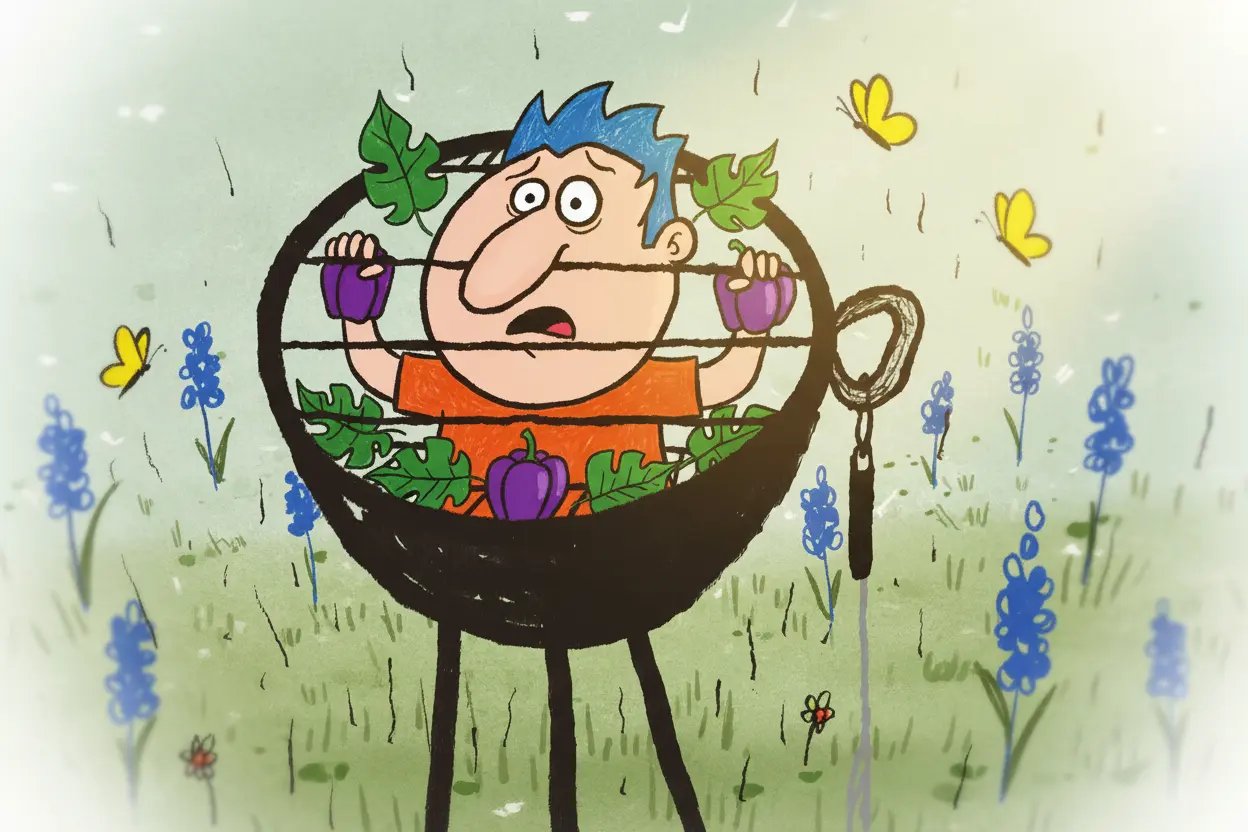Have you ever woken up thinking, “Wait, wasn’t I just running through my childhood backyard… again?” If your dreams keep rerunning scenes set in or around your childhood home, fear not—you’re far from alone, and your subconscious is far from boring! Let’s explore what recurring dreams of your childhood home might really mean, according to expert perspectives.
The Everyday Mystery: Why Does the Childhood Home Keep Appearing?
Picture this: You’re 31. Somehow, almost every night, you find yourself in dreams that unfold somewhere in, or just outside of, the house where you grew up. It’s not that the house is the star of the dream—it’s simply the set. The garden, the garage, behind or in front of the house, maybe even the shed. By now, you might wonder: has your dream hard drive ended up scratched? Did your subconscious run out of fresh sets to build? Or has some part of your psyche stayed frozen in time, loyal to those formative years?
The experts are unanimous: this recurring setting should not be cause for panic. In fact, as one psychoanalyst puts it, the décor of our past is as significant in dreams as the cast of characters, the actions, and the feelings swirling around them. So, if your recurring dreams plant you firmly in the surroundings of your younger self, there are a few possibilities to consider.
Nostalgia or Message? (Or a Bit of Both?)
Not every dream of the family home signals unresolved trauma—sometimes, it’s just plain nostalgia. A simple wave of longing for the “good old days” can summon these dream images. But there’s more. “Your unconscious is clearly sending you a message—or multiple ones,” notes one specialist. The trick is figuring out what!
- Your childhood home may represent a sense of familiarity and safety—an emotional anchor your subconscious returns to when other things in life feel in flux.
- Don’t get lost in universal symbols. The only real key to your dreams is you. Experts warn against blindly applying general meanings—they’re personal and unique to your own journey.
- The recurrence doesn’t mean something is “wrong” or “stuck.” Your unconscious speaks in images, not judgments.
Crucially, the emotions, the stories, and the actions happening within or around your childhood home in these dreams matter just as much as the set itself. Do you feel safe? Trapped? Happy? Troubled? That’s the thread to start pulling on.
Digging Deeper: When to Seek Help and What to Expect
Alright, you might wonder: should you do anything about it? Maybe! If these dream sequences leave you curious, unsettled, or simply hungry for insight, some experts recommend exploring them with a therapist—particularly one trained in analytic or Jungian dream work, or even “Voice Dialogue” sessions. As one practitioner explains, dream therapy is not about “one size fits all” solutions. Instead, it’s about finding your unique associations, memories, and symbols, often through a collaborative, trusting therapeutic relationship.
And a pro tip: don’t panic if your dreams keep circling back—it’s not necessarily a sign of a mental blockage. According to the psychoanalyst perspective, “The unconscious doesn’t know time. If the house keeps returning, it’s because it holds a place of meaning. It is the house.” In essential terms, there’s no expiry date on childhood memories, and our minds can mix up time and space in curious ways while dreaming.
You may even find that talking about these dreams—putting them into words—helps animate them, reveal new movements, and subtly change their meaning. Here, as one clinical psychologist notes, language “threads the images,” creating a tapestry that, with the help of a psychoanalyst or psychotherapist, may reveal something surprising about you.
So What Should You Do With These Recurring Dreams?
The bottom line, say the experts, is this: recurring dreams of your childhood home are less about being “stuck” and more about your unconscious mind persisting with something that wants to be seen or understood. Maybe it’s nostalgia, maybe it’s a gentle push to revisit old feelings or clarify forgotten parts of your story. Therapy is an option if your interest or discomfort grows—or just enjoy the nightly ride! As one therapist cheerily points out, some people wish they could remember their dreams—so perhaps you’re already ahead of the game.
- Focus on how you feel within these dreams rather than literal interpretations.
- If you’re curious, consider writing down your dreams or seeking a professional to discuss them.
- Remember: dreaming is healthy. So embrace it, and don’t worry—your subconscious has a flair for reruns, but that’s not a flaw.
In the end, your inner child may be closer than you think—lingering in familiar hallways, climbing old garden fences, or cozying up in the garage of memory. Whether you explore it or not, your unique story is unfolding, one dream at a time.

John is a curious mind who loves to write about diverse topics. Passionate about sharing his thoughts and perspectives, he enjoys sparking conversations and encouraging discovery. For him, every subject is an invitation to discuss and learn.






